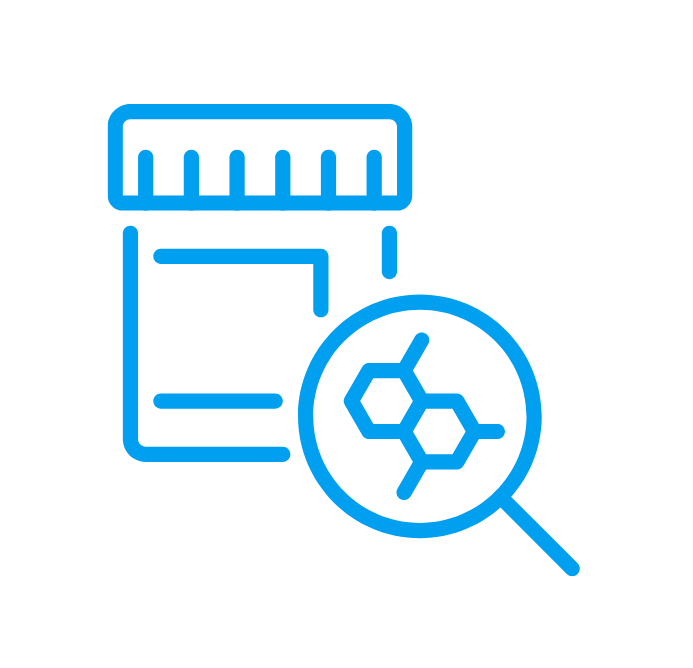Graduating Seniors’ Guide to Employment Drug Testing
As graduating seniors enter the job force it is important to be aware of the laws put in place that protect workers, employers, and jobs from the negative affects of working under the influence of drugs and alcohol.
First, why is drug testing important for the workplace?
- Approximately 500 million workdays are lost annually due to alcoholism.
- 47% of industrial accidents & 40% of industrial deaths can be linked to alcohol.
- Most companies strictly prohibit any use or possession of drugs while on company property or while on-duty.
- Substance-abusing employees typically function at 67% of their capacity.
- Employees who use drugs are 5 times more likely to file a workers’ compensation claim.
Second, what are employer and employee responsibilities?
The Employer’s Responsibilities:
- Maintain a safe work environment.
- Maintain contact with drug testing providers to guarantee safe and accurate testing procedures.
- Ensure all actions of their officials and representatives meet local, state or federal legal requirements.
The Employee’s Responsibilities:
- Report to work fit for duty.
- Notify a supervisor if prescribed a medication that could impair the ability to perform any job functions safely.
- Employees cannot refuse to be tested.
Third, when could you be asked to participate in a drug test?

- Prior to employment (Pre-Employment Testing)
- Following certain workplace accidents (Post Accident Testing)
- Randomly without prior notice (Random Testing)
- When returning to work following drug treatment (Return-To-Duty Testing)
- During a probationary period following drug treatment (Follow-Up Testing)
- When there is reason to believe a person is under the influence (Reasonable Suspicion Testing)
Your employer may require you to be drug tested in any of the above-mentioned circumstances. Know that the purpose of drug testing is always to maintain a safe and healthy work environment. Refusing to participate in a drug test upon request may be grounds for termination.
To learn more, visit our website
here
.


